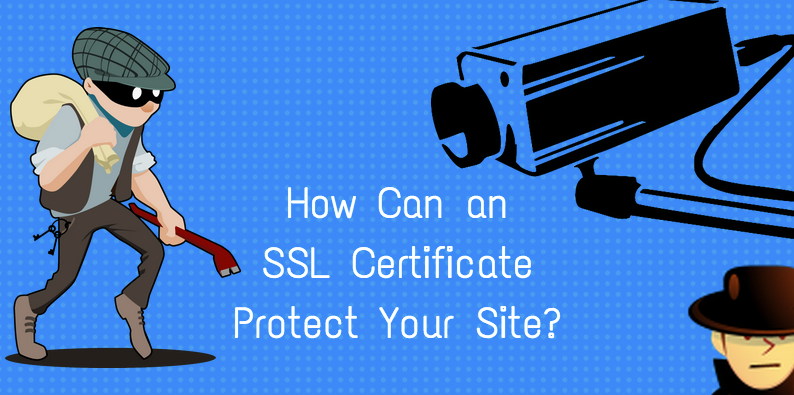
Secure Socket Layer Certificates (SSL for short) are a great way to make visitors feel secure on the web. These Certificates are data files that tie together a website’s domain name, server name, and hostname to the name/identity and location of the organization that the site belongs to. SSL Certificates basically verify that a site is owned and operated by the entity that an end user would be likely to believe owns and operates that site.
When SSL Certificates are activated on a server, the domain begins operating with the “https” protocol over port 443 rather than plain “http.” This allows for a secure connection between the server and the end user’s browser. SSL Certificates are used to protect ecommerce transactions, personal information and secure login functions.
Types of SSL Certificates
Depending on a site owner’s needs, he or she may consider one of three types of SSL Certificates:
Extended Validation
Extended Validation (EV) SSL Certificates require the site owner to undergo a thorough vetting process before being granted. This process is conducted by a Certificate Authority which verifies an organization’s legal and physical existence, as well as its actual operation. This Certificate Authority must also verify that the organization being evaluated has the right to use the domain specified in the SSL Certificate.
Organization Validation
Organization Validation (OV) SSL Certificates also require the authentication of a Certificate Authority. To obtain an OV SSL Certificate, a Certificate Authority must verify that the site owner has the right to use their desired domain name as well as confirm some specific information about the organization represented by the site. Sites with OV SSL Certificates share additional company information with customers by providing a Secure Site Seal.
Domain Validation
Domain Validation (DV) SSL Certificates require the authentication of a site owner’s authority to use his or her desired domain, but they do not require any information about the organization’s identity to be disclosed. While some encryption information may still be displayed within the Secure Site Seal, nothing else about the organization is provided to end users.
What Should You Do?
First and foremost, not all sites necessarily need an SSL Certificate. If your site provides general information but doesn’t have any ecommerce functionality, receive data from users or require a user to login, then you don’t really need an SSL Certificate. Even with that being the case, an SSL Certificate might still be a good idea because Google now considers whether a site has one as a ranking factor. From this point of view, all sites should absolutely at least consider adding an SSL Certificate.
In addition to a potential SEO benefit, SSL Certificates do also help provide peace of mind to end users. Seeing the https protocol helps to convey a comforting message to web surfers as they bounce from site to site – especially to sites with which they are unfamiliar. Many browsers also provide warning messages when users visit sites that don’t display that secure connection. This can create a pretty steep bounce rate! SSL Certificates can also help eliminate Phishing and Pharming schemes, which are designed to steal personal and corporate data. If you’re considering adding an SSL Certificate to your site, we absolutely recommend that you do so. To learn more about which type of Certificate is best for you, or to find out more about the purpose and function of SSL Certificates, call us at (877) 512-4678 to speak with our team about your needs.

